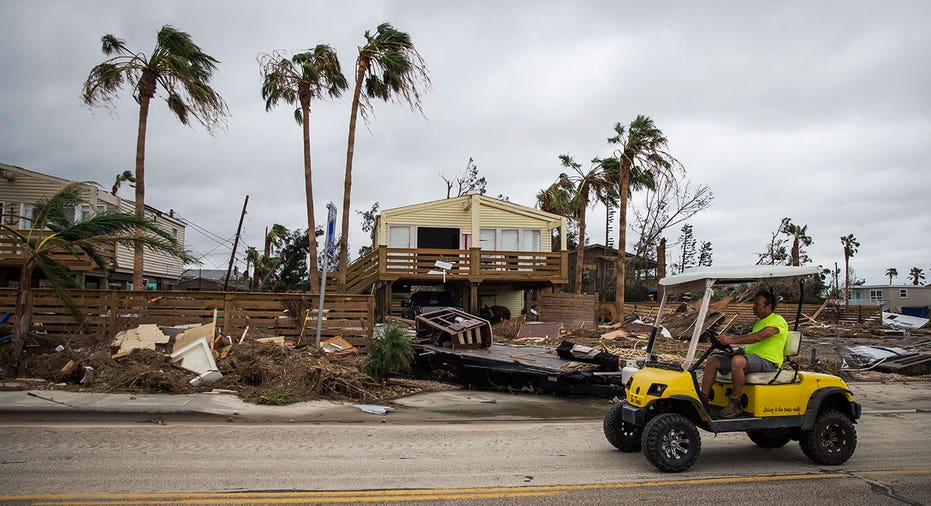How to navigate insurance claims, post-Hurricane Harvey

Tropical Depression Harvey weakened Thursday as it moved inland over Louisiana, leaving record flooding in its wake. With one of the country’s worst natural disasters now winding down, the claims process will soon begin.
Are you in a safe place and able to think logically? Here's how to start what is projected to be an extremely tough recovery, both emotionally and financially:
Call your insurance company
Insurance adjusters can't get in until the flood waters have receded, but that doesn’t mean you shouldn’t make a call now.
“Let them know the extent of the damage and where they can reach you,†says Michael Barry, vice president of media relations at the Insurance Information Institute (III).
“If your house is uninhabitable, they’ll send someone out there as soon as possible; they handle the worst cases first, and then it’s on a first-come, first-served basis.â€
Document losses/take inventory
“In a perfect world, you’ve substantiated your losses, taken pictures, videos and quantified the monetary value of your belongings,†says Barry.
This is the best way to prepare for the adjuster’s visit, and it will speed up the claims process, making it easier all around.
Make necessary repairs
If there are things you can do to prevent further damage, go ahead and take action, says Barry, whether that’s covering your leaking roof with tarp or spending money to make minor repairs. Just make sure you save all your receipts – as well as receipts for your basic living expenses if your house is uninhabitable and you have had to relocate – so that you can submit them to your insurance company for reimbursement.
Know your homeowner’s policy
The standard policy covers wind-driven damage, so for example if your tree hits your garage, you're all set. Flood insurance, however, which you get through the National Flood Insurance Program, is a separate policy. So if you didn’t buy it, you don’t have it (and are therefore on the hook for flooded basements, damaged walls and more). Unfortunately, only about 12% of U.S. homeowners have flood insurance, according to the Insurance Information Institute, even though 4 out of 5 natural disasters involve flooding.
And Harvey is going to be expensive. Robert Hunter, director of insurance at the Consumer Federation of America, estimates that total out-of-pocket costs for flooded homeowners could reach $28 billion, the largest in U.S. history.
Know your policy’s deductible
You probably know that a standard policy includes a deductible of usually $500 or $1,000. But what you might not know is that in every coastal state – from Maine to Texas – special hurricane deductibles exist. This deductible ranges from 1-5% of the insured value of the home. So, for example, if your home is insured for $200,000 and you have a 5% hurricane deductible, you would be responsible for the first $10,000 before your insurance kicks in.
Vera Gibbons (@NoPoDaily) is the Founder and Editor of nonpoliticalnews.com, a free daily newsletter that covers the news and curates content in Consumer/Personal Finance; Health & Wellness; Fashion/Beauty; Fitness/Diet.



















